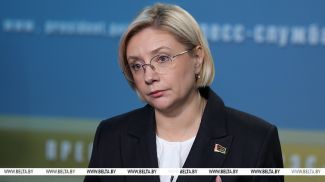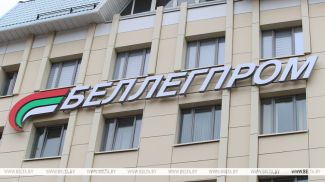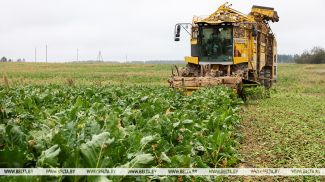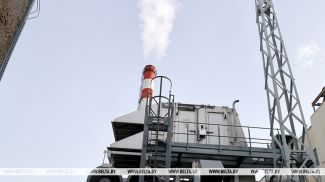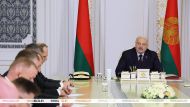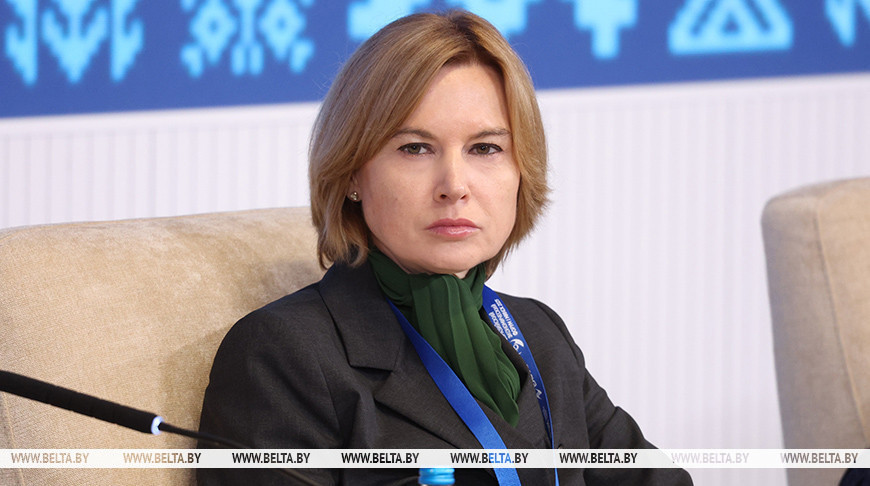
Natalya Petkevich
MINSK, 26 June (BelTA) – Presiding over the EAEU bodies, Belarus proposed its vision of the EAEU's development priorities. One of them is the formation of a common cooperation space in all sectors, Belarus' Deputy Prime Minister, Chairperson of the Council of the Eurasian Economic Commission Natalya Petkevich said at the panel session “Dialogue of Interstate Associations: Convergence of Economic Potentials and Deepening Trade and Economic Cooperation” held as part of the Eurasian Economic Forum, BelTA has learned.
It was noted that the pace of economic growth in the Eurasian Economic Union significantly exceeds the world average, and the volume of mutual trade has also increased and stands at about $100 billion now. The deputy prime minister emphasized that the share of national currencies in settlements between the EAEU countries has exceeded 92%.
“The Eurasian Economic Union brings appreciable benefits to each member state, including their state-run enterprises and businesses. Today we need to map out our plans for the future and maintain momentum we have gained,” the chairperson of the EEC Council remarked. “We need to decide what areas to focus on and how to develop our cooperation on a global scale. It is even more important to understand how we should position ourselves in the international arena.”
Presiding over the Eurasian Economic Union's bodies, Belarus proposed its vision of the organization's development priorities. Some of them can become points of convergence of integration potentials and facilitate trade and economic cooperation. One of the most important tasks, as Natalya Petkevich put it, is the formation of a common cooperation space in all sectors. It will be facilitated by the already available mechanism for financing joint projects.
The deputy prime minister named agriculture as the next area for the EAEU to focus on. “Despite the growth in agricultural production, we remain dependent on Western technologies. By combining our efforts, we will be able to transfer technologies and thereby reach leading positions in the agro-industrial complex,” the deputy prime minister believes.
Another area of work is technical regulation. More than 85% of products in the EAEU are manufactured using uniform standards, which is highly instrumental in growing the EAEU's economy. Natalya Petkevich urged to improve existing logistics chains and develop new ones within the transport and logistics system of Greater Eurasia. “Our geopolitical location allows building transport arteries with almost the entire world, and this should be given priority attention,” the chairperson of the EEC Council said.
Speaking about international partnerships, Natalya Petkevich reminded that trade and economic cooperation is being promoted not only between the countries of the union, but also between the EAEU and third countries and other integration associations, which, in her opinion, is a positive trend that should be maintained.




